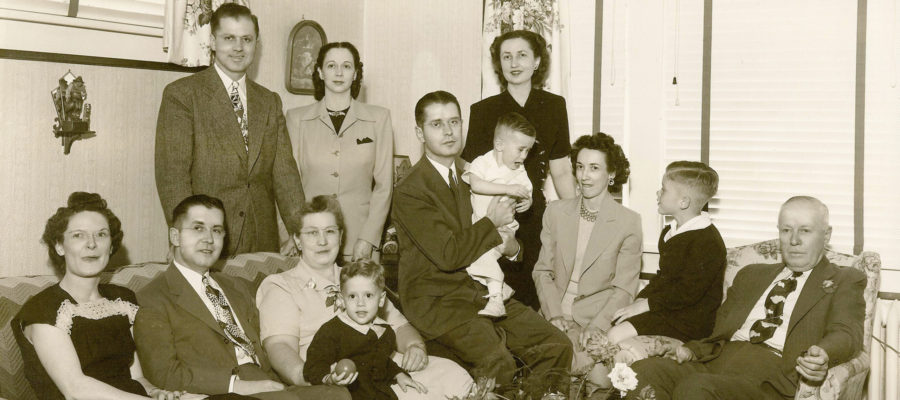When we’re down, especially when we’re really down, we have a hard time feeling hopeful, being optimistic, or seeing that things will get better. It can be particularly frustrating, even infuriating, for someone who is very depressed to hear, “oh, it’ll get better,” “it’ll be okay,” or, “it’s not that bad.” The person saying this probably means well, but to the person being told this may experience it as ridiculous, invalidating, ignorant, or belittling. And no matter how true the statement might be, these reactions tend to occur. But why? How we communicate to someone who is really suffering can be tricky and expressing such things can be extremely unhelpful. So let’s dig into this to figure out what’s going on.
Hope, The Unhelpful Kind – Blind hope or blind faith is not very helpful because it, generally, does not have a substantial foundation. What I mean by this is that there’s no proof in the pudding and for the person who’s suffering, the proof that they’re seeing is all negative. To emphasize blind faith or hope completely invalidates the person’s experience. Furthermore, blind faith or hope can be based more in fantasy than reality and be symbolic of our own discomfort with the situation. “It’ll get better,” the person says but, what happens when it doesn’t?
I’ve worked with many kids and adults who’ve experience various traumas and if I were to say this to them after they talked about being physically or sexually abused, they’d probably give me the finger and go elsewhere. When a person is suffering and has suffered greatly, their challenge lies in both accepting (but not liking) the situation and learning how to work and improve their situation. But right now, however, they have no hope and so they need some experiences where hope is valid and real. From their perspective, life has shown them that everything sucks, that they’ll fail, that they’re not good enough, and being loved and accepted is not a possibility for them. Lastly, we need to watch our own discomfort when we’re with a person who is suffering. Are we saying, “just look on the bright-side” because we honestly don’t know what to say or do? We might be, and it’s a very natural, albeit unhelpful, thing to say and do. If this is the case, the best thing you could do is say something such as, “I really want to help but I just don’t know what I could do or say that would help you. How can I help?” Not knowing but staying with them, caring for them, but not trying to fix it for them, is the best possible thing you could do.
Hope, The Helpful Kind – Hope that’s based in reality is the most helpful. We need to acknowledge the evidence or the proof that supports it. For some of us, we’ve come to the realization that unwanted situations always change for the better, but we don’t know when or how this will happen. In our lives, we’ve witnessed this truth. Yet for the person who hasn’t witnessed this, they have to experience it for themselves before they know it. In order for this to happen, they need to learn how to accept the situation (but they don’t have to like it) and develop the ability to figure out how to improve things. In short, they need to develop strong problem-solving skills, while managing their emotional reactions. They then have the opportunity to realize the type of hope that is substantial and real, given their situation.
But for the person who is completely overcome by emotion, reason may not be their strong suit, even when they’re in a calmer state. Consequently, it can take time for the person to become more reasonable and rational. We can help them along by listening to them, empathizing (not sympathizing), accepting their views (though not agreeing with), and even asking question about alternatives. In essence, we’re giving them hope by offering our own rational thinking and by embodying the hope that they don’t presently have. Of course, they may reject your perspective and this is where the line is drawn. You’ve offered the possibility of real hope and now it’s up to them to use your support. Yet, you can’t force them and it’s not helpful to push it on them. This will only sour the relationship.
Communicating Hope and Possibility – There are times when we’re just not the right person to help and the other person may flat out reject your attempts to care and support them. While this may sadden us a great deal, we can take our desire to help in order to find them someone who can, in a healthy way, help them. Many parents are in this spot. Their relationship with their child might be stressful and have a history of problems that get in the way of forming a supporting and collaborative relationship. In order to help your child, they’ll need someone else like a therapist. Then, one of the things that you can do is work to repair the relationship by working with a family systems therapist and/or to find your own therapist. Over time you can repair the relationship where your child may start to accept your support. Furthermore, by having your own therapist you can explore how your helping may not be so helpful.
Many of us have such good intentions but often aren’t taught how to work with very difficult, anxiety-provoking, and emotional situations. We may have a very hard time relating to the other person for whom we care, but that doesn’t mean that we can’t get there. In order to share and communicate real hope, we have to become real hope. Meaning, we have to exude it and do so authentically with little to no reactivity (aka, enabling, minimizing, soothing, fixing, getting upset) in response to the person who’s suffering. This way we are able to understand them (empathy), demonstrate that we accept where they’re at (validating), and support them as they, yes they, learn how to make their own changes. If we try to take on their problems, we end up handicapping their ability to become master problem-solvers. They need practice and we can’t practice for them.
Recommendations – If you can relate to what’s been described here and wish to move forward in a positive direction, a therapist will be invaluable for you and the other person. Again, we’re generally not taught how to be psychologically-minded in our schools or in life. To think that we should be highly self-aware from birth is similar to us thinking that we should all be amazing athletes without having ever trained. We just doesn’t work like that. A therapist is going to be able to help you reflect on the situation, yourself, and to help you make solid changes that are truly helpful over time. So, the next step just might be working with a therapist to undergo training.








Leave a Reply
Leave a Reply
You must be logged in to post a comment.